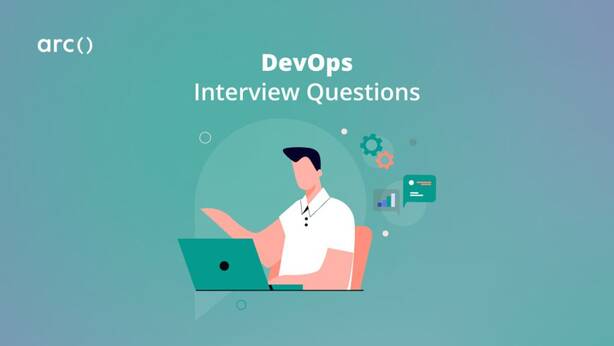
Focus Points
- Getting Started in Freelance DevOps: Challenges of breaking into the freelance world and securing the first clients.
- Balancing Multiple Projects and Deadlines: Time management strategies for handling overlapping projects, clients, and technical tasks.
- Top Skills for Aspiring DevOps Freelancers: Essential skills to succeed and what makes a DevOps freelancer stand out in the market.
- Client Communication and Building Long-Term Relationships: How to communicate technical solutions effectively with non-technical clients and retain clients.
- Lessons Learned and Growth Areas: Reflect on mistakes, what they’ve learned, and how they keep up with the fast-evolving DevOps landscape.
Possible Interview Questions
- “What drew you to freelancing in DevOps, and what were your biggest initial challenges?”
- “How do you balance hands-on technical work with client communications and business development?”
- “What advice would you give to developers transitioning to a DevOps role who are interested in freelancing?”
Guest Post: My Journey from Full-Time Employment to DevOps Freelancing
Topics to Cover
- Why Make the Switch?: Personal motivations for leaving a stable job for freelancing.
- Skills Transition and Additional Learning: The technical and business skills needed to move from a traditional job to an independent role.
- Financial Planning and Stability: Tips on how they prepared financially before making the leap and managing a variable income.
- Building a Client Base from Scratch: How they found their first clients and built a reliable client network.
- Maintaining Work-Life Balance: Challenges of work-life boundaries as a freelancer and how they stay motivated and productive.
Structure
- Introduction: Brief background on the author and their former role.
- The Why: Reasons for choosing freelancing.
- The How: Step-by-step challenges and wins in building a freelancing business.
- Advice for Others: Practical advice for those considering a similar path.
Expert Roundup: Top Tools Recommended by DevOps Freelancers in
Themes
- Best CI/CD Tools: Tools for continuous integration and deployment (e.g., Jenkins, GitLab CI, GitHub Actions).
- Infrastructure Automation Essentials: Preferred tools for infrastructure-as-code, like Terraform, Ansible, and Pulumi.
- Monitoring and Logging: Recommendations for tracking system health and performance (e.g., Prometheus, Grafana, ELK Stack).
- Security and Compliance: Go-to tools for DevSecOps, like HashiCorp Vault for secrets management or SonarQube for code security.
- Communication and Collaboration: Top picks for remote teamwork, like Slack, Jira, or Confluence.
Structure
- Intro: Overview of why freelancers rely on specific tools and the evolving landscape of DevOps.
- Tool Categories: Each category includes a brief explanation of why each tool is valuable for freelancers and how it saves time or enhances productivity.
- Expert Tips: Direct quotes from freelancers on how they optimize these tools for better client results.
Freelancer Spotlight: Achievements and Experiences in DevOps
Focus Areas
- Unique Projects and Problem-Solving: Examples of challenging projects that required innovative DevOps solutions.
- Career Highlights: Notable achievements, such as improving CI/CD pipelines or implementing scalable infrastructure.
- Technologies Used and Why: Insight into their tech stack and the tools they consider essential for DevOps freelancing.
- Client Success Stories: Real-world impact of their work on clients’ businesses, from improving system reliability to reducing deployment times.
- Advice for Aspiring DevOps Freelancers: Tips on skills, networking, and managing freelancing as a business.
Possible Questions
- What’s a recent project you’re especially proud of, and what challenges did you face?
- How do you decide which new tools or technologies to incorporate into your workflow?
- What’s the most important piece of advice you’d offer to DevOps freelancers starting out?
Guest Post: The Critical Role of DevSecOps in Modern Cybersecurity Strategies
Topics to Explore
- Evolution of Cybersecurity and DevOps: How DevSecOps bridges the gap between development and security.
- Key DevSecOps Practices: Essential practices like continuous security scanning, vulnerability assessments, and threat modeling.
- Automation and Security Integration: How automated security tests in CI/CD pipelines can reduce human error.
- Real-World Impact of DevSecOps: Examples of how DevSecOps protects against common vulnerabilities and improves response times.
- Future Trends: The importance of AI in DevSecOps, predictive analysis, and the role of DevSecOps in remote work security.